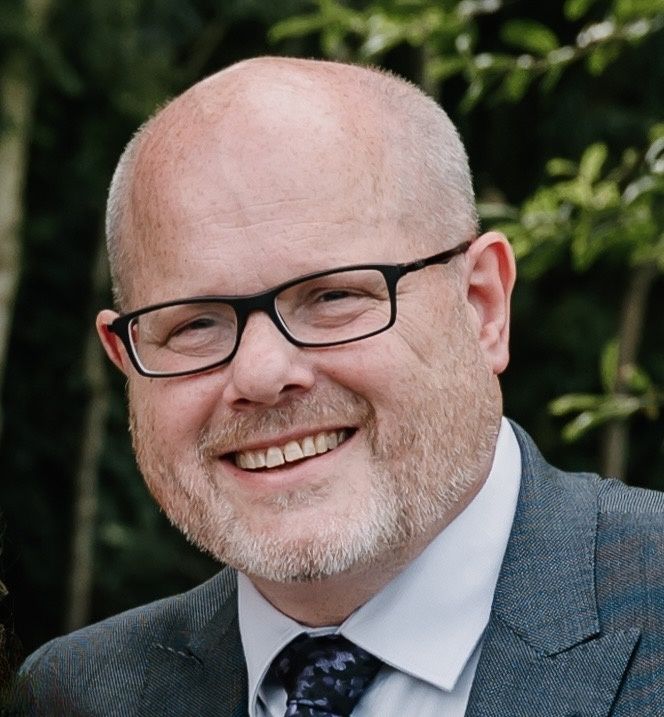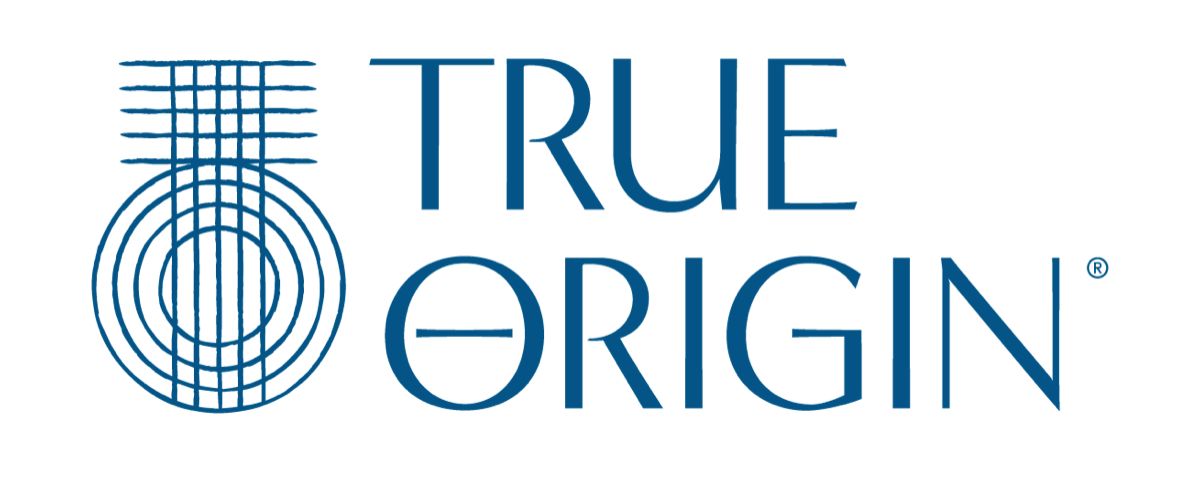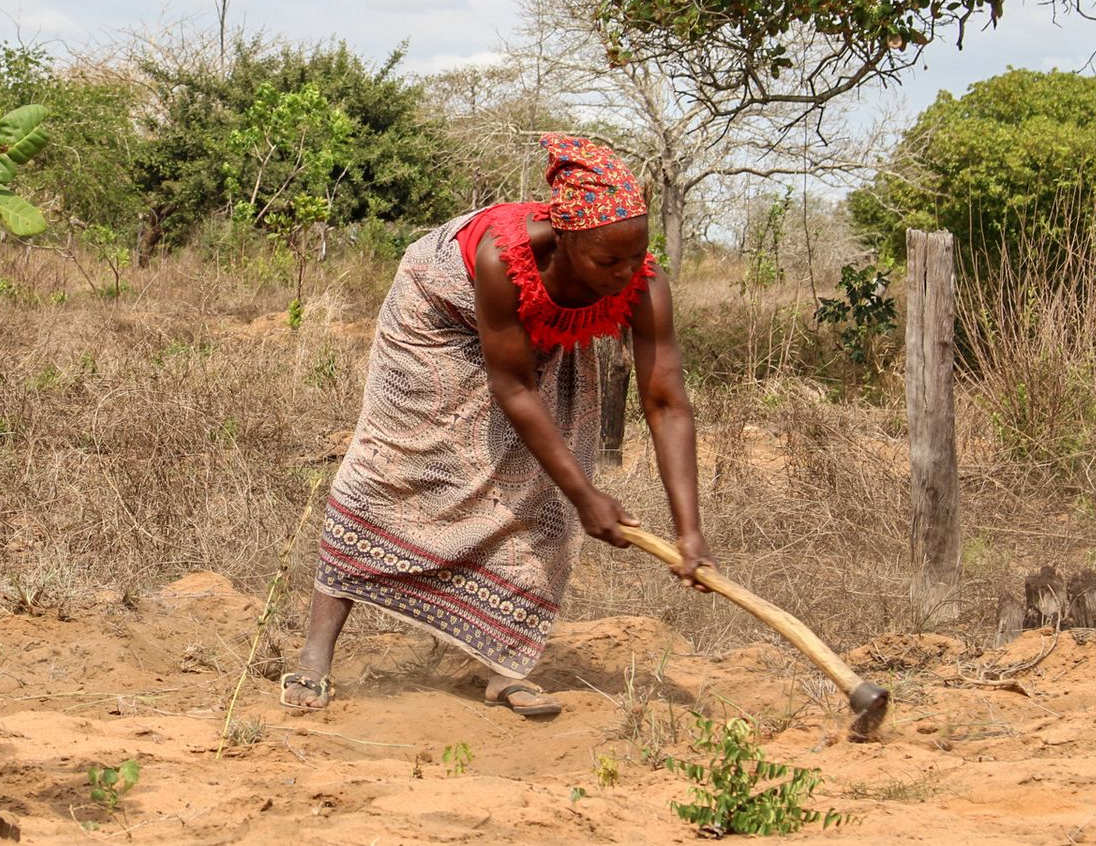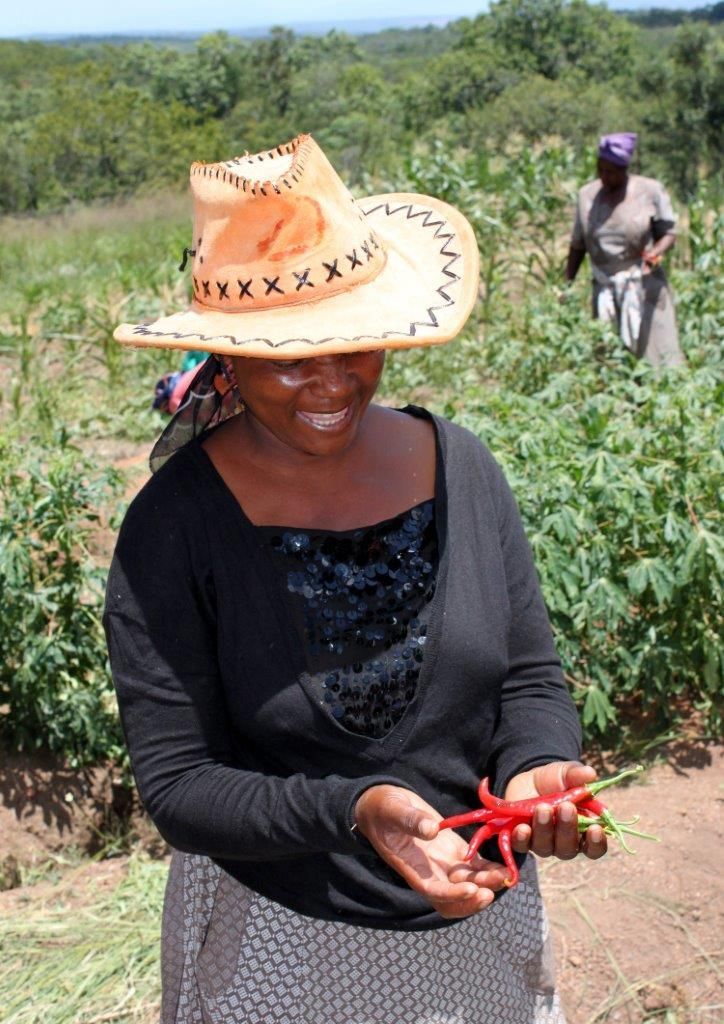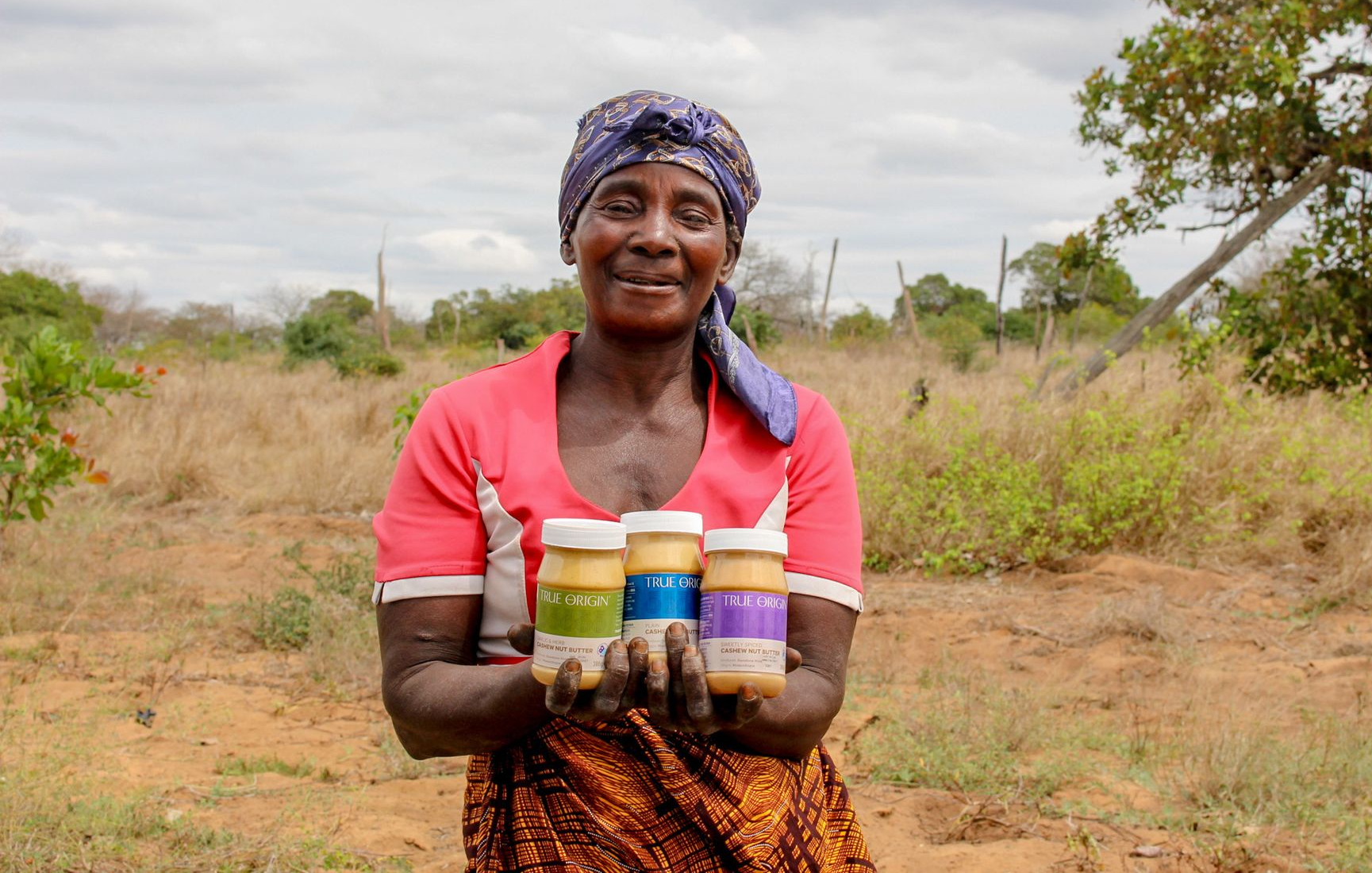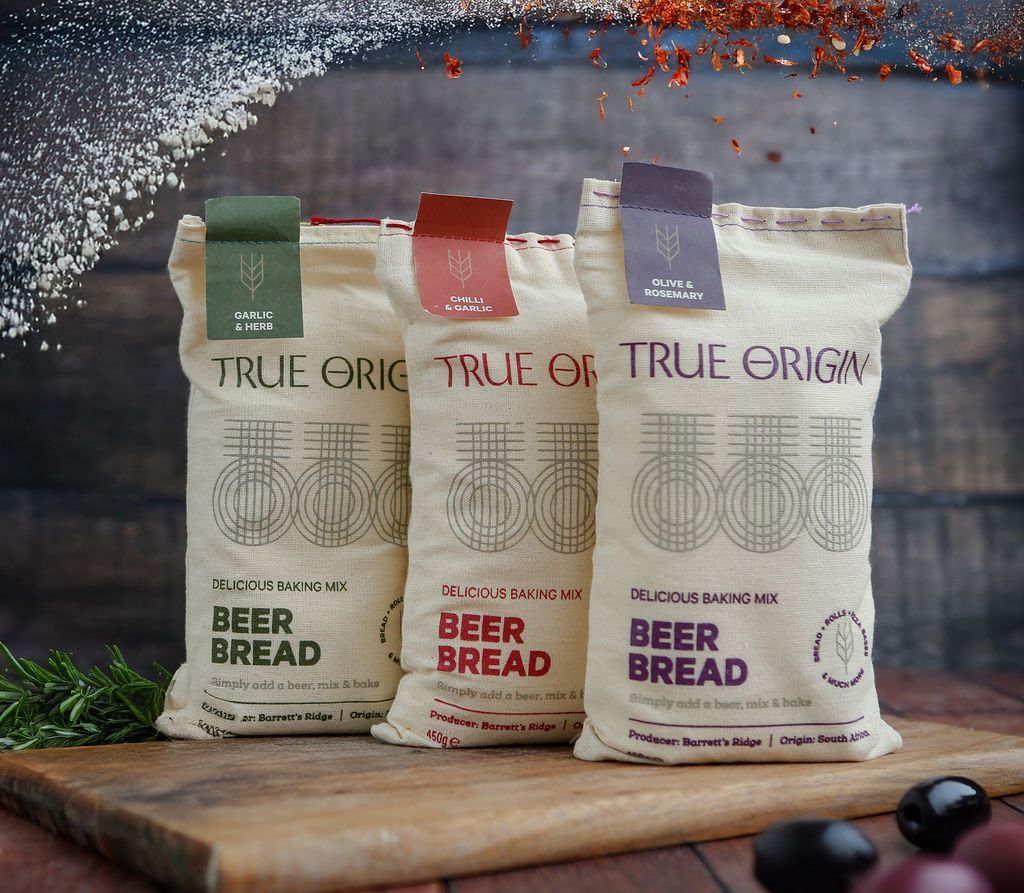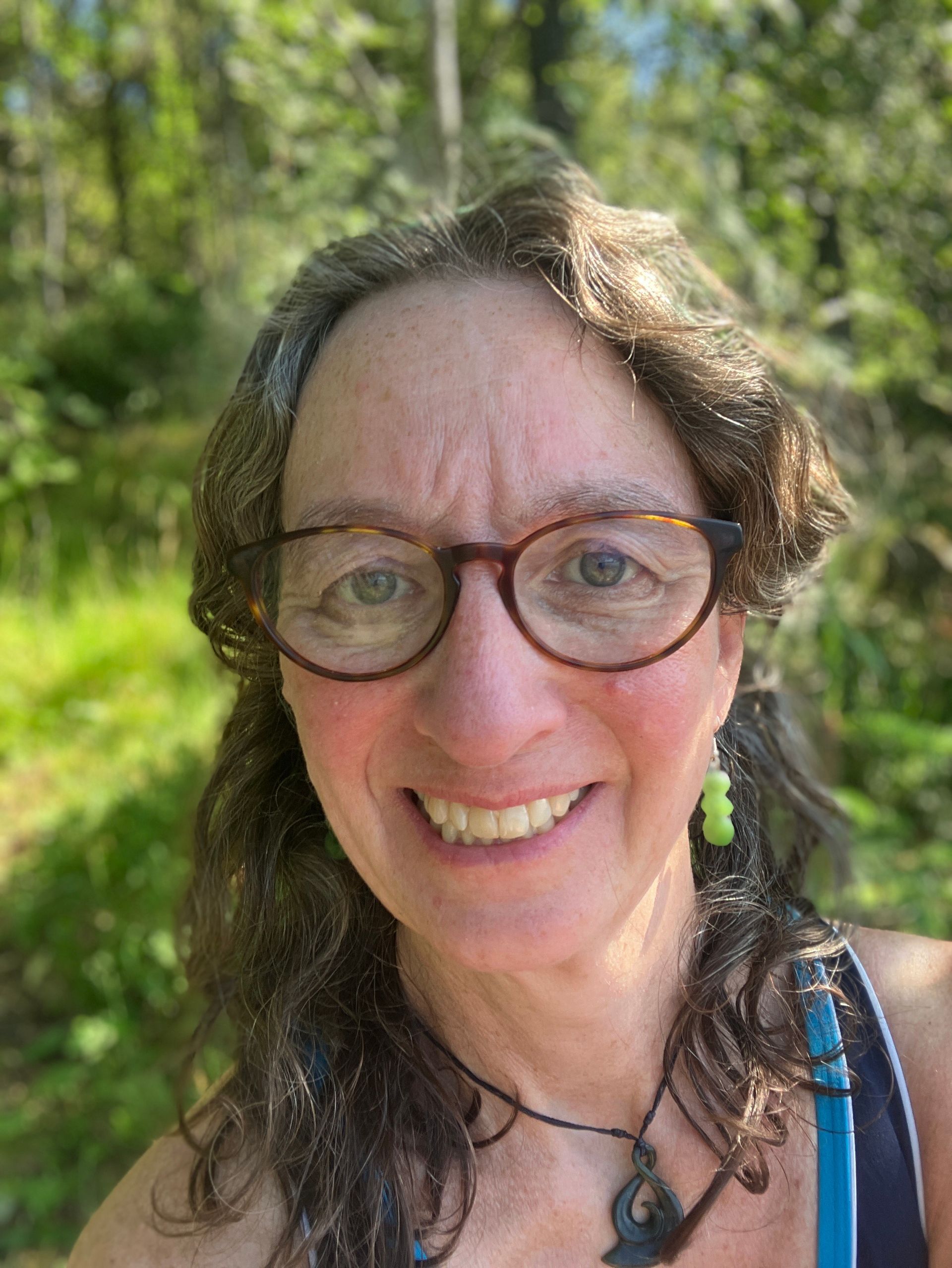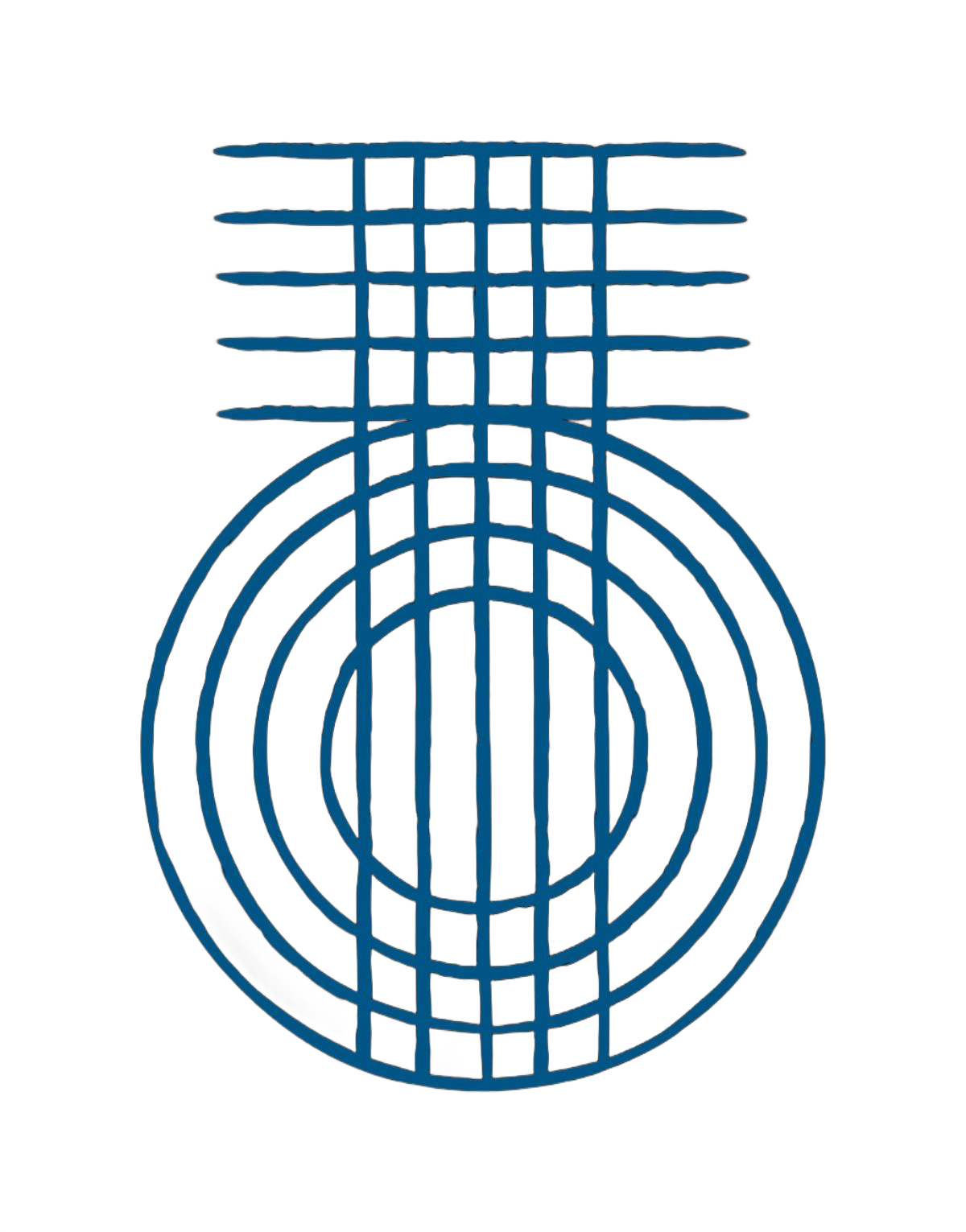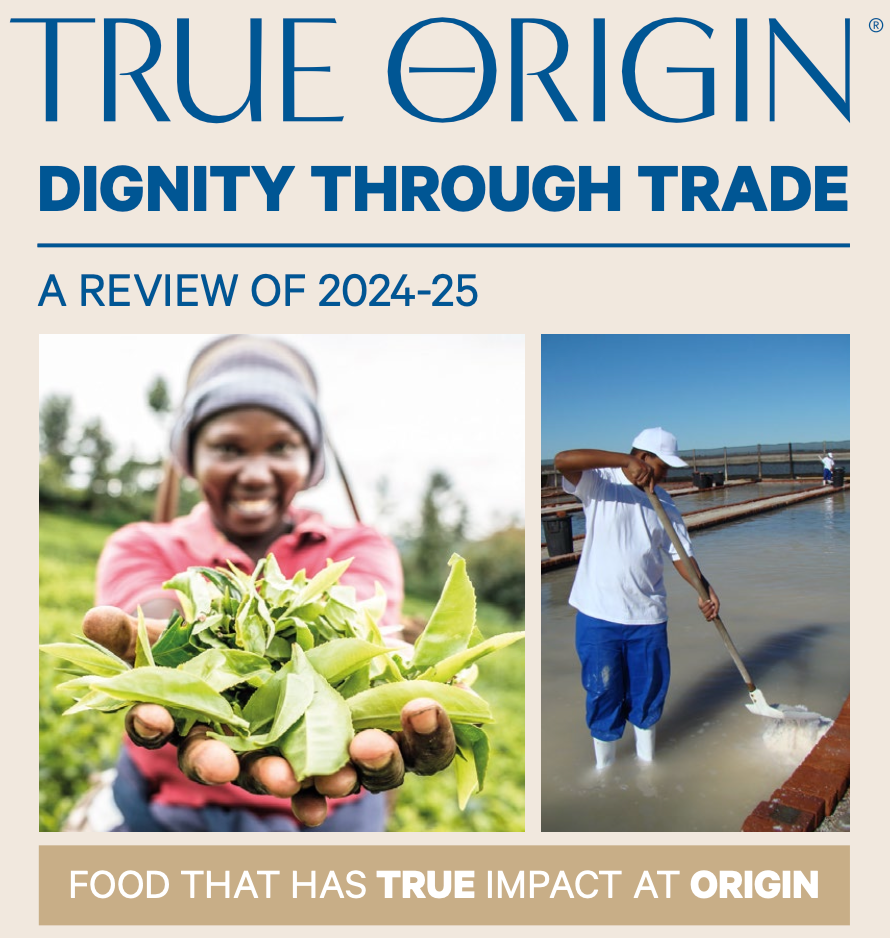Volunteering with JTS - week 5
My last week at JTS
Hello again for my last blog :O I’ve had a great time up in Scotland volunteering and exploring. This past week I had some new experiences.
On Saturday, we went to Loch Lomond. We had a very nice lunch at a local pub; the Oak Tree, and then went for a walk along the shore. We had great fun skidding chunks of ice along the frozen lake listening to the almost otherworldly sounds they made.
Saturday night we went to Celtic Connections to see a show called the “Scottish Songbook”. They tracked through the last 5 decades playing the top songs by Scottish singer/songwriters. I’m not gonna lie, I didn’t know a single song, but it was still awesome because the band was great. Each member could switch between at least 3 instruments. There was a harmonium, accordion, glockenspiel, drums, keyboard and more.
On Sunday, we went out for a rather late brunch that kind of turned into lunch at the Spitfire Café. They are famous for their brownies, but unfortunately, they didn’t have any left by the time we got there. They did however have the recipe out. When we got home, I set about making the brownies from what I could remember, and they turned out really nice. At the same time Tracy and Ian were making roast chicken and apple crumble. I got to try celeriac for the first time.
On Monday, I did my first university talk. A friend of Tracy’s is an engineering lecturer at the University of Glasgow. She has a class of first years who are learning about ‘Engineers Without Borders. It looks like a really fun topic. They have lectures about: microeconomics, ethics in engineering, and society and culture. Then they work in groups to come up with their own engineering projects as part of the Engineering for People Design Challenge . Last year, one of her groups won the competition. They developed a mobile phone charger powered by the waste heat from a coal stove. They came up with this idea during their version of the lecture that I was going to help out with; the society and culture lecture. Normally, this lecture was taken by the arts department, but this year it fell on the engineers’ shoulders. I think they did a grand job. The lecture was in a conversational style. First, we had Anne; the main mechanical engineering lecturer, talking about last year’s project. We then had Caroline; a French ex-pat who teaches civil engineering telling us about her experience with the changes between cultures 1,500 km apart. We had some fun discussing; whether jam should be in the fridge or on the shelf, the merits of having separate hot and cold taps, kissing on the cheek vs. hugging for a greeting and whether toilets belong in the bathroom or a separate room.
We then all discussed where we had found differences in society and culture when travelling. Attitudes towards superstition, squat toilets and the use of toilet paper were all mentioned. One of Caroline’s student teachers was from Nigeria. She talked to us about the difference she found between cultures 7,000 km apart. She talked about the length of time cooking, the use of counterfeit electronics and water piping, which lead to differences in architecture (for example, if sub-par water piping is used, they won’t install it inside the walls. It will all be easily accessible, so they can replace parts if they break, and, they don’t risk the structural integrity of the wall.)
I talked about some of the experiences JTS has had, trying to do our own projects, such as our work with the rice farmers in Karonga to build a threshing machine. The farmers sperate the grains from the chaff by hitting the rice against rocks, throwing it in the air to separate and then picking up the rice. This is a very labour-intensive process and there is also a lot of waste. John worked closely with Howard Msukwa (a local farmer), to build a threshing machine based on an Orkney model from the 18th century. They hit a few road blocks on the way: the machines got so hot in their container going around the Cape that wooden machines warped, but using steel versions was out of the question because they were simply too heavy to carry between fields. In Orkney, oxcarts were introduced a century before the threshing machines were, so there were adequate paths between each farm. In Northern Malawi, ox carts have only had widespread use in the last few years. There are often no paths between farms. This means there is no way, currently, to use carts to transport the machine: it has to be light enough to carry.
This meant they had to have a rethink. They developed a modular metal machine that could be assembled in situ. They trained Howard in welding and built him a workshop (he also builds shelving units for schools and ox-carts.) Unfortunately, the machine became too unstable to pedal on when it was in the flooded, boggy rice fields so they attached some batteries originally developed for mobility scooters and charged them using solar panels. We are going to see how the machines work this harvest.
I also talked to the students about other obstacles you have to consider; such as the time it takes to import goods from land-locked countries, the processing and packaging of goods, and issues with supply chains.
I talked about some problems other engineering groups had come across when they didn’t take into account the needs of the people they were trying to help. Such as the group who built good quality outhouses in rural Nepal only to come back and find them being used to store food because they were the best quality buildings the village had.
I then took them through some of our success stories. I talked about our projects from 2013-16 using the grant from the Scottish government, such us our rice seed multiplication scheme. The scheme was so successful because we talked to the farmers, asked them what they wanted and worked with them to achieve their goals. I also spoke about where we are going; developing irrigation and providing ploughs to build resilience against climate change and increase food security (with the ability to prepare their fields faster and not having to rely on seasonal rains, they could do 2 harvests each year!)
Back at the office, I was looking into ways that we could increase the consumer market for our Rice Challenge. I was seeing whether Girl Guide and Scout troops would be interested in doing the challenge, then looking through their badge books to see if there were cross overs. I also had a look at the possibility of creating our own custom blanket badge for completing the challenge. Scouting is based on the ideas of respect, global engagement, service and equality. Doing this challenge as a group would be a great way to work together, tackle a challenge and to help other people.
That evening, I went indoor skiing. It was great, we definitely don’t have anything like that in Adelaide! I’ve done some cross-country skiing, which is all telemark turns, so it took a bit of time for me to get used to keeping my skis parallel! It was really awesome, and I’d love to do it again some time.
Over the next few days, I was working on editing some of the videos that I received from our producers. It was great to put faces to all the names I’d been hearing. They talked to us about how we have helped their communities and the social impact that we have had. Look for those coming up on social media soon.
On Tuesday, I did my last school talk, at Millersneuk primary school. A few years ago, this school took part in the 90kg challenge as an interhouse competition. The sold almost 1,300 kg of rice; enough to send 14 children in Malawi to secondary school for a year! This was a momentous effort!
That evening my god sister and I went on an Easter egg hunt (despite it not being Easter and the lack of Easter eggs… we had chocolate balls and we took it in turns hiding them for the other person to seek).
Now it was on to saying good bye. On Wednesday, Ian got out my suitcase for me. It seemed surreal that my time here was coming to an end. Thursday was my last day at the office. We had a nice lunch to see me off. I’m going to miss the whole team.
On Friday, I went to the second meeting of the Fair Trade Young Peoples Network Scotland. We discussed how we wanted to launch the network, what audience we wanted to target, how to go about doing that and how to make best use of our two ‘international members’ (me and another from Belgium.) I’m looking forward to continuing to help out however I can.
This past month has been brilliant. I have had so many experiences. Thank you so much to; Tracy and Ian for hosting me, the JTS team for welcoming me, Scottish Fair Trade Forum for the opportunity to join the Young People Network, the weather gods in Scotland for (not too bad!) weather and, last but not least, my readers. It has been great to see the impact that we can have through fair trade. I hope you all have a great day and stay tuned for more blogs in the future by the JTS team.

